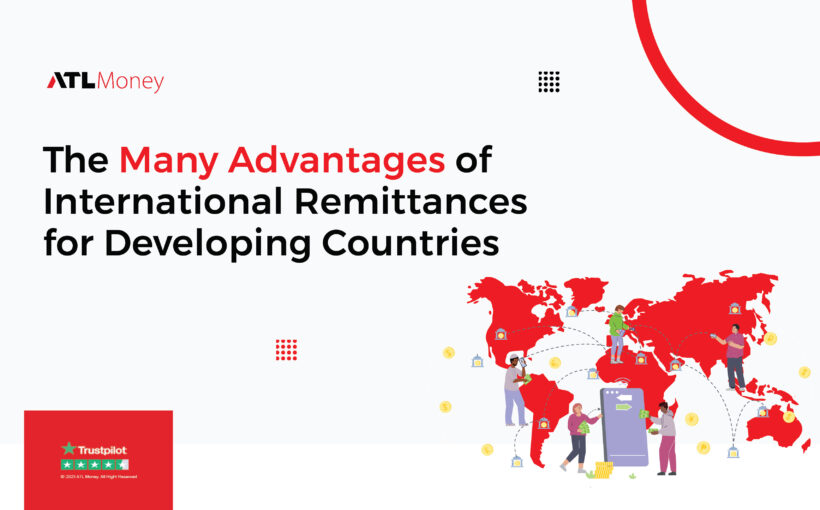As our world becomes increasingly interconnected, the flow of money across borders has become a vital aspect of global economics. International remittances, meaning money sent from one country to another, play a crucial role in the development of many countries, particularly those in the developing world.
In this blog post, we will explore the benefits of international remittances for developing countries and why it is a crucial element in their economic growth.
First and foremost, international remittances serve as a financial lifeline for many families and communities in developing countries. As individuals leave their home countries for better job opportunities abroad, they often send a portion of their earnings back home to support their families. This money is often used for basic household needs, education, and healthcare, which have a direct impact on improving the standard of living for those left behind. In fact, according to the World Bank, international remittances to developing countries reached a record high of $529 billion in 2018, highlighting the crucial role it plays in poverty reduction.
Moreover, international remittances have a positive effect on the economies of developing countries. With more money flowing into the country, both individuals and governments have more purchasing power, which can stimulate economic growth. This has been seen in countries like the Philippines and Mexico, where remittances make up a significant portion of the GDP. Additionally, the money sent through these remittances often goes towards starting small businesses, creating job opportunities, and investing in domestic markets, further boosting the economy.
On a larger scale, international remittances also contribute to the stability of developing countries. In countries that heavily rely on a single source of income, such as oil exports, international remittances serve as a buffer during times of economic downturn. This is because, unlike other sources of external funding, such as foreign aid or loans, remittances are relatively stable and do not come with strict conditions, making them a more reliable source of income.
Furthermore, international remittances have a significant impact on individual and national savings rates in developing countries. With more disposable income, individuals can save more money in banks or invest in other financial products, which can be crucial in building future wealth. This, in turn, can also improve the overall financial stability of a country and contribute to its economic growth.
Aside from the economic benefits, international remittances also have a social impact. As individuals move to different countries for work, they often bring back new ideas, skills, and experiences to their home countries. This cultural exchange can lead to a more diverse and open-minded society, fostering mutual understanding and cooperation.
In conclusion, international remittances are a vital source of income for developing countries, providing financial support to families, boosting economies, and promoting stability. As our world continues to become more interconnected, it is crucial to recognize the positive impact that international remittances have on the global economy and the well-being of individuals and communities around the world.
If you are looking for a reliable and convenient way to send money internationally, consider using ATLMoney. With competitive exchange rates, secure transactions, and a user-friendly platform, you can send money to your loved ones in developing countries with ease. Visit our website now to learn more and start sending money today.
